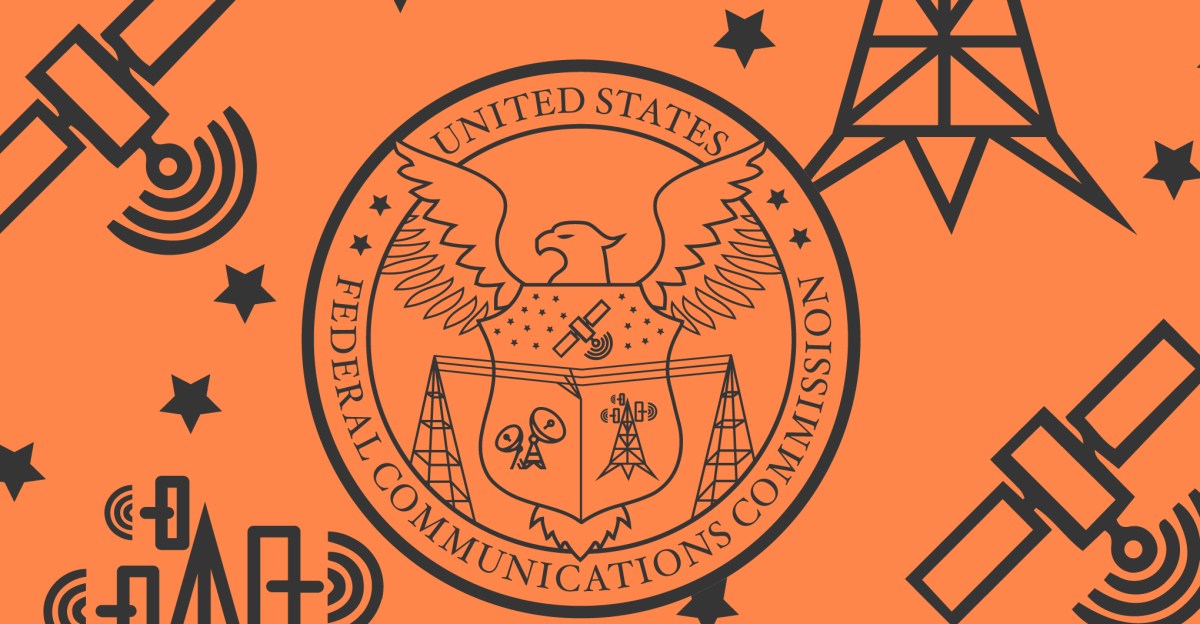In a purported attempt to limit Israel’s ability to wage cyberwarfare, Iran has begun throttling its civilians’ access to the internet and plans to disconnect entirely from the global internet by Tuesday night.
Fateme Mohajerani, a government spokesperson, said during a recent television broadcast that the speed reduction was “temporary, targeted, and controlled, aimed at countering cyberattacks,” according to machine translation.
The announcements come amidst the escalating war between Iran and Israel, which broke out after Israel attacked the country on June 12th, and a rise in reported internet outages. Civilians have claimed that they’ve been unable to access basic but critical telecommunications services, such as messaging apps, maps, and sometimes the internet itself. Cloudflare reported that two major Iranian cellular carriers effectively went offline on Tuesday, and The New York Times reports that even VPNs, which Iranians frequently use to access banned sites like Facebook and Instagram, have become increasingly harder to access.
Furthermore, the Iranian government is urging citizens to delete WhatsApp – one of the country’s most popular messaging platforms – claiming without any evidence that the Meta-owned app has been weaponized by Israel to spy on its users. (WhatsApp vehemently denied those claims in a statement to the Associated Press.) Other reports indicate that Telegram, another messaging app popular in Iran, has been blocked as well.
Israel’s role in the cyber outages has not been officially confirmed, but independent analysts at NetBlocks noticed a significant reduction of internet traffic originating from Iran on Tuesday, starting at 5:30 PM local time. According to Tasnim, a news network affiliated with the Iranian Revolutionary Guards, Iranians will still have access to the country’s state-operated national internet service, though two Iranian officials told the Times that the internal bandwidth could be reduced by up to 80 percent.
Israel has experienced a 700 percent increase in cyberattacks since June 12th, according to the cybersecurity firm Radware, which attributes this to Iran’s own sophisticated state-sponsored hacking operations. National security experts also warn that American companies may experience “spillover” from continued cyberwarfare, and that if the United States intervenes in the military conflict, Iranian hackers could begin attacking critical US infrastructure in retaliation.














Leave a Reply